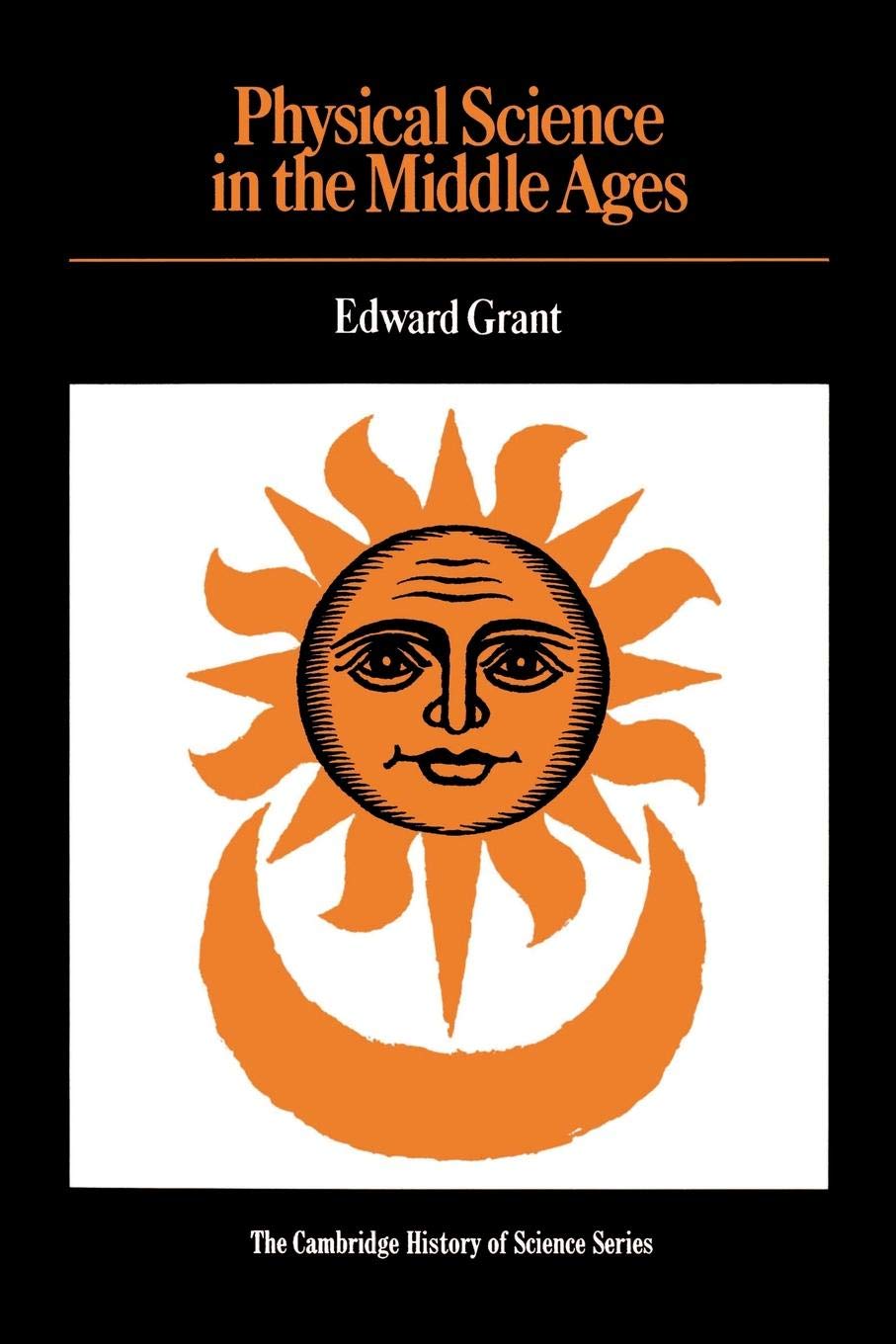

Physical Science in the Middle Ages (Cambridge Studies in the History of Science)
V**O
Arbitrariness of medieval science
The medieval scholars got nowhere in mechanics because they considered the essence of science to be speculative and philosophical discussions of non-tangible things like vacuum, pure elemental bodies, metaphysical-causal explanations, etc. (chapter 4). It is easy to concoct many theories that can account for the broad qualitative aspects of motion but which have very different implications for these types of questions. Since the issues are intangible, people will quibble forever without getting anywhere. Later science shifted focus to more concrete, qualitative problems, not because they are more interesting (they are not) but because there are definite answers, which prevents arbitrary theories and empty speculation. Things like the the "mean speed theorem" foreshadowed such an approach, but in isolation it does nothing, despite many historians' excitement over this trivial result ("probably the most outstanding single medieval contribution to the history of physics", derived by "admirable and ingenious" reasoning, p. 56).It was the same in cosmology, which was dominated by speculative questions such as how god's omnipresence related to the finiteness or infinitude of the universe (chapter 5). Again, one can find precursors of proper science in Buridan's and Oresme's discussions of the earth's rotation. Contemporary fashion requires that Buridan and Oresme be called "brilliant" and "even more brilliant" respectively (p. 66), when they were in fact perpetuating anti-science by maintaining that the question of the earth's rotation "is scientifically indeterminate" (p. 68), and should be decided on the basis of the bible, the "Aristotelian principle that rest is a nobler state than motion" (p. 65), or whatnot. As above, then, they turn away from science towards arbitrary speculation (though admittedly while claiming that they do the opposite).Thus, while "the major figures in medieval science found much to criticise in Aristotle, not only on theological, but also on straightforward scientific grounds", "until the sixteenth and seventeenth centuries, however, such departures failed to produce genuine efforts to reconstruct, or replace, the Aristotelian world picture. The explanation for this is not easy to find." (p. 83). One explanation is that Galileo's "success stemmed in part from a recognition of the need to disengage what was properly mathematizable from the large and diffuse context of qualitative variation" (p. 84). I would add only that there is no evidence that Galileo "disentangled" anything from the supposedly "brilliant" medieval science; rather it probably didn't take him more than an afternoon to reproduce what little scraps of insight they had reached. Besides separating concrete mathematics from qualitative nonsense, a second key factor was the belief in one truth, as opposed to this plurality crap that we saw the "brilliant" Buridan and Oresme support. "For medieval speculative cosmologists it was by no means necessary that astronomical hypotheses reflect cosmological truth. Indeed, any number of different hypotheses could theoretically save physical appearances. It was even widely held that a false hypothesis might be more probably than some true ones. Copernicus, however, brought a wholly different outlook ... For Copernicus, to 'save the phenomena' in astronomy meant to frame true hypotheses." (pp. 87-88).
Trustpilot
2 days ago
2 months ago